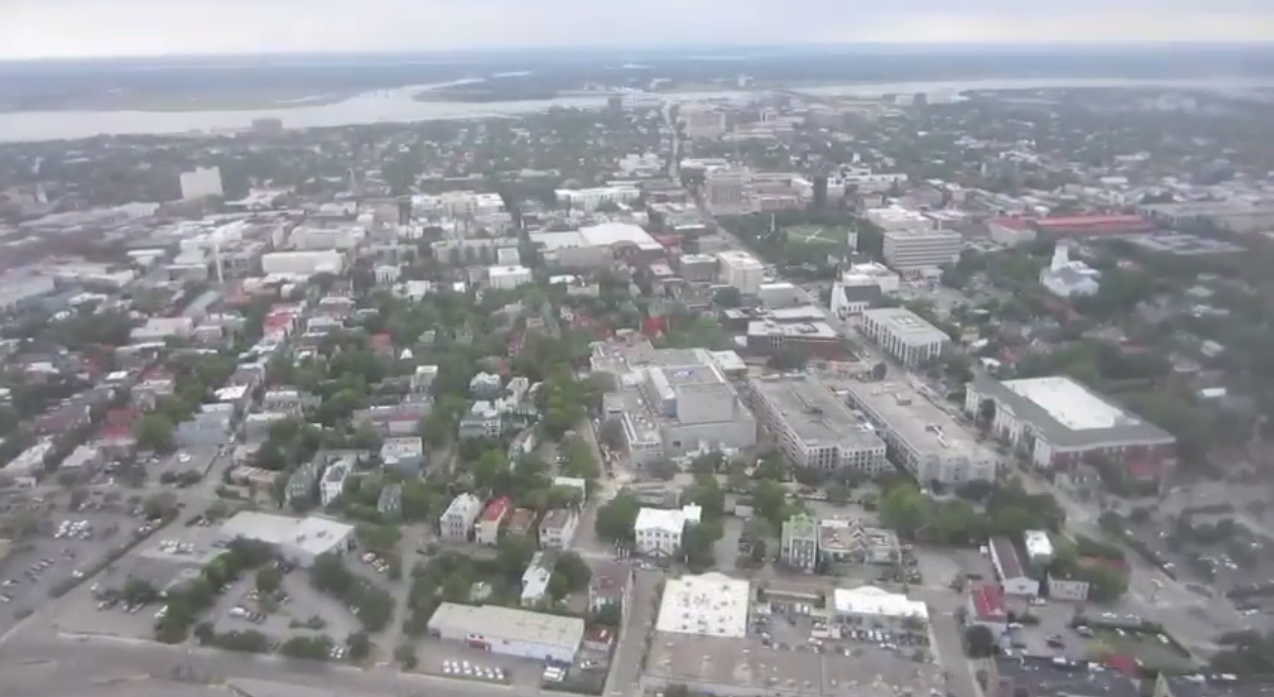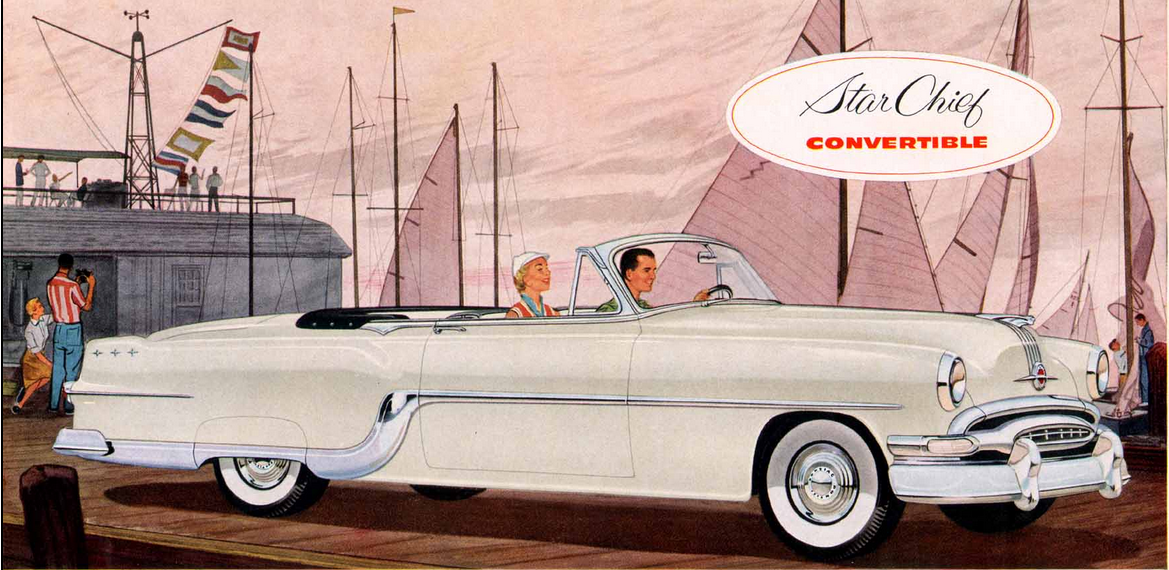It was late July 1954. The temperature was soaring towards one hundred degrees in the red clay area of South Carolina. My father was plowing in a field, and I had just carried him a cold drink of water. We had no thermos, only a quart Mason jar. Daddy emptied the jar as the cool water spilled onto his chambray shirt that was already wet with sweat. He always wore a long sleeved shirt while working in the fields in summer. Said it kept him cooler. He handed me the empty jar, removed his straw hat, and pulled a red and white bandana from his pocket to wipe his brow.
“Looks like it’s gonna rain, Son” he said.
“Yessir, it does,” I said.
“Well, hurry home now before you get wet,” he said.
“Yessir, I will,” I answered, as I turned and began my walk back home.
I was about half the way home when the sky got very dark. In a few minutes a lightning bolt split a pine tree up in front of me, and the thunder seemed to shake the ground. I started to run. Then the rain came. I was soaked to the skin in just a few seconds. I could hear Daddy coming behind me. The thunder rolled and the lightning flashed as we walked toward the barn. The rain was relentless. We got to the barn about the same time and ducked inside for shelter from the storm. The rain poured down in sheets for about twenty minutes and then it stopped as suddenly as it started. Daddy put the mule in the barn lot and went inside the house. Mama had been worried about us of course. I guess mamas always worry about something. We all went out on the front porch and began to shell some butterbeans. It was too wet to plow after the rain storm. My little sister was even trying to shell beans. I knew it was a matter of time before she’d spill ‘em all over the porch. Maybe she’d get a spankin’...that’d be great!
As we sat there working a car went slippin’ and slidin’ all over the road. We lived on a red clay dirt road, and when it rained it was slicker than a greased pig. It was a big fancy car, a Pontiac convertible. We didn’t know anybody with a Pontiac. People we knew drove Fords, and Chevys and Plymouths.
“Who was that?” my sister asked.
“Name ‘im and take ‘im,” Daddy said. I didn’t know what that meant, but I did know that that was always what Daddy said when he didn’t know who it was.
Mama said, “I think it was some of Mister John Patterson’s people.” We sharecropped with Mister John Patterson. Where I came from, the rich man was always called “Mister”.
“Mama, I think you’re right. They got a boy and girl ‘bout me and Sissy’s size. I don’t like ’em,” I said.
Mama stopped shelling beans and looked straight into my eyes and said, “Now why’d you say that , Son? You know the Bible tells us we are to like everybody!”
“They was going by one time, and they stuck out their tongues at me and Sissy,” I said defensively.
“They were going by,” she corrected my grammar.
“Listen!” Daddy said before Mama could say anything else. We all stopped shelling and listened.
‘You here that? That’s a car that’s got stuck! Bet it was that Pontiac that got stuck in the mud ,” he said. “Them folks need help!” and then he said to me, “Son, go get that chain out of the well house while I get the mule. We might have to pull ’em out.”
Daddy was back in a few minutes with the mule, and I gave him the chain which he slung over the mule's back.
We walked about a half mile down the muddy road. The cool mud kind of tickled my toes as it oozed up between them. Sure enough the Pontiac convertible was in the ditch. When the lady driving saw us the turned off the motor.
“Looks like you could use some help,” Daddy said.
“We certainly can. I think we need a tow truck,” she said. She was a right pretty lady. Her hair was fixed up real nice, and she had rosy cheeks and bright red lipstick. I could see she had on what Mama called a sundress.
“You can’t get a tow truck to come out in the country ma’am. Besides, we don’t have no telephone to call one. I think my mule Beulah here can pull you right out,” Daddy said.
“I don’t know about that. It might damage the car, and my husband wouldn’t like that,” she said.
“I’m pretty dad-gummed sure I can get you out of that ditch without any damage. But it’s up to you,” Daddy said impatiently.
“Okay then, I don’t really have a choice,” she finally said.
The boy and girl hadn’t said a word. The little girl said, “Mother, I’m scared!” Her mama shushed her.
Daddy and I got busy. He positioned the mule in front of the car and told me to attach the chain to the bumper of the car. He attached the other end of the chain to Beulah’s harness.
“What we gonna do now, Daddy?” I asked.
“This is what we're gonna do. I’m gonna get in the car and drive while you get Beulah to pull the car,” he said as he looked me straight in the eye.
Daddy went back to the car and said to the lady, “Ma’am, would you slide over so I can get in to drive your car out of the ditch?”
“Why? I can drive it!”
“I know you can drive the car. I just want make sure you don’t drive into my mule!”
“Well, okay, but could you take those muddy shoes off?”
As Daddy got in the car he took each shoe off and handed it to me before he put his feet into the Pontiac. I heard the lady say, “You know it has an automatic transmission?”
“I’ve seen one before,” he said as he started the engine in the car. Then he said to me, “Take up the slack, Son.”
Beulah done good. She hunkered down and used all her strength, as Daddy had the wheels on that Pontiac spinning. The car slowly moved up into the road. I gave Daddy his shoes as he got out of the car. The lady was all smiles as she thanked us for pulling her out of the ditch.
On the way back to the house I told Daddy I really didn't want to help them because of those smart aleck kids. But he said, “Son, sometimes you just gotta do the right thing.”
Some years would pass before I really understood what he meant.
A funny thing happened that year in late November. We got this package in the mail. It was a fruit cake. Not just any fruit cake. A store-bought fruit cake with colorful fruit and lots of nuts. Me and Sissy had never seen one before. And you know what? It was from that lady we pulled out of that ditch on the muddy July day. We received a fruit cake every Christmas for quite a few years because of what me and Daddy did on a muddy country road.
Years have passed since then, but I still remember what daddy said: “Sometimes you just got to do the right thing.”
















